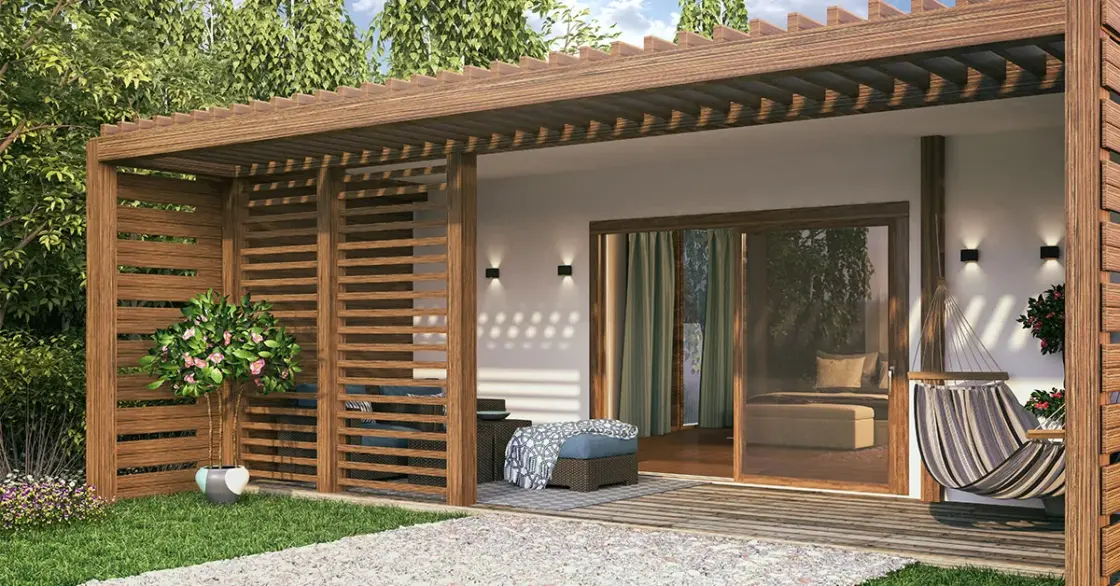Boomers vs. Millennials: Who Is Redefining The Housing Market?

Millennials are perhaps the most talked about generation, and it’s truly no wonder. Not only are they one of the largest generations of adults at around 71 million members (compare to the famously population-heavy Baby Boomer generation, a group that’s 74 million people strong), but they’re also largely misunderstood and mischaracterized. This group, defined as being born between 1982 and 2000 by the Census Bureau, has just passed the trials and tribulations of early adulthood–graduating from high school, attending college, establishing careers, and even buying houses.
As Millennials are paying off their college debts and establishing careers, they’re also entering the housing market. In fact, in the next 10 years, this generation is expected to enter the housing market in full-force as the housing market continues to recover from the 2008 economic crash. However, as houses are nearly 40% more expensive than they were 40 years ago, many Millennials are marrying later and renting longer. By the time Millennials buy homes, it is projected that they will be settling on higher-end homes than previous generations, skipping the “starter home” phase.
This is a stark contrast to Baby Boomers, many of whom purchased their first homes at a relatively young age in an era with a thriving economy. Interestingly, as this generation is living longer than previous generations, Boomers are redefining the housing market in their own way.
Baby Boomers are deciding to age in place, meaning that they’re staying in their homes even as they surpass retirement age. This is, in part, because there are fewer affordable homes available on the market, and also because the generation is reported to have more mortgage debt than those before them.
As Boomers are staying in their homes longer, many are predicting a long-term housing shortage and eventual inundation of available homes, which could lead to another housing bubble situation.
How can we prevent such an occurrence from taking place? While it may seem inevitable, there is hope. While the grand, sprawling homes that Baby Boomers once craved are less desirable to Millennials (aging plumbing and other issues that were overlooked by the former generation are off putting to the latter), modern upgrades may ensure that your home will be attractive to all generations when the time comes to sell it.
Open floor plans, products that decrease maintenance (like LeafFilter Gutter Protection or anti-microbial showers), and improved energy efficiency can easily make your home attractive to both first-time homeowners and retiring or downsizing seniors.
While the future is truly unpredictable, it’s undeniable that both Baby Boomers and Millennials are impacting the housing market in a significant way. Did you find any of these facts surprising? We’d love to hear your thoughts on our Facebook page!


